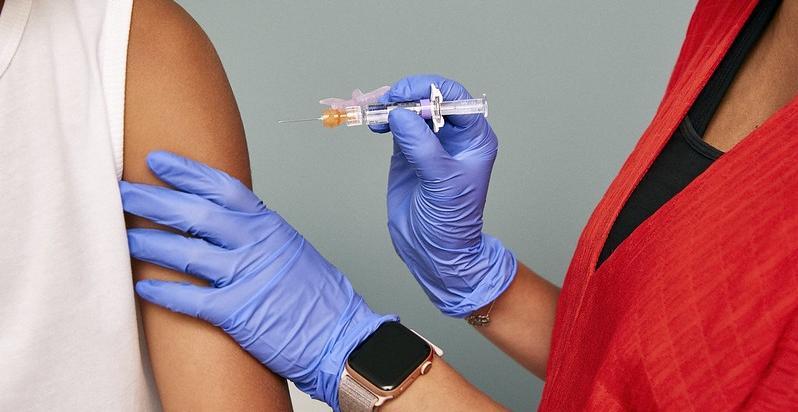Adult vaccination programs can return up to 19 times their initial government investment in healthcare savings and socioeconomic value, offering net benefits of up to $4,637 per full vaccination course, according to a new report from the Office of Health Economics (OHE).
Researchers from the OHE, a UK charity and independent health economics research organization, analyzed the full value of four adult vaccines (against influenza, pneumococcal disease, respiratory syncytial virus [RSV], and shingles) available in Australia, Brazil, France, Germany, Italy, Japan, Poland, South Africa, Thailand, and the United States.
The study was based on health economic modeling and a literature review on the burden of vaccine-preventable diseases in adults and the health, healthcare system, and socioeconomic benefits of vaccination. The report was commissioned by the International Federation of Pharmaceutical Manufacturers & Associations.
"Increasing pressures on ailing healthcare systems, such as ageing populations, are driving an urgent need to shift to a prevention-first mindset," Lotte Steuten, PhD, a report coauthor and OHE deputy chief executive officer, said in an OHE news release. "Our report sets out a compelling case for adult immunisation programmes playing a key role in the shift to prevention."
Less healthcare use, higher productivity
The return on investment (ROI) of up to $4,637 per vaccination course translates to billions of dollars in net monetary benefits to society, the authors said. The findings, they added, suggest that adult vaccination programs can deliver ROIs on par with those of childhood programs, mitigate health and economic disparities, and help fight antimicrobial resistance by lessening the need for antibiotics.
Preventing illness reduces doctor and hospital visits, meaning valuable resources can be allocated elsewhere.
"Preventing illness reduces doctor and hospital visits, meaning valuable resources can be allocated elsewhere, and ensuring a healthy and active workforce throughout life can boost economic productivity," the authors wrote. "Evidence shows that adult immunisation is highly effective in preventing diseases, their sequelae, and mortality, particularly in older adults and those with chronic health conditions."
The researchers added that while the total value of vaccination is increasingly recognized, substantial evidence gaps still lead to underestimation of that value, as well as suboptimal policy decisions. Robust funding for adult vaccination programs, more effective data-collection systems, agreement on accepted research methods, and transparent/open data access are needed for future research.
"Governments are recommended to adopt a prevention-first mindset to help ease increasing pressures on health systems and society, with adult immunisation playing a crucial role in enabling us to live longer, healthier, and more productive lives," they concluded.


















